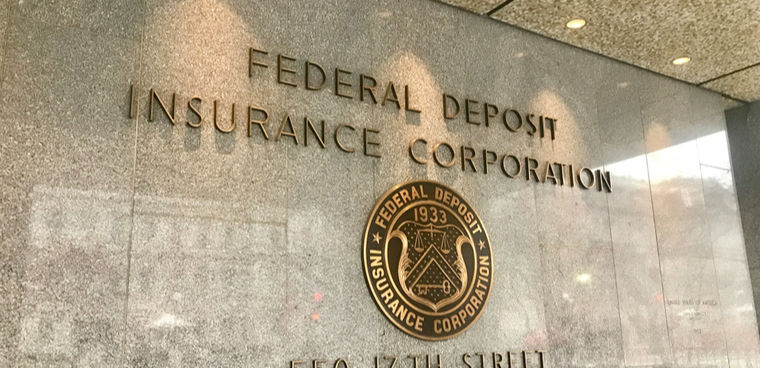FDIC offers parental leave to agency employees

A union leader hailed the move as a good start, and called on Congress to extend family leave to all federal employees.

On Oct. 9, the Federal Insurance Deposit Corporation announced that employees would be given parental paid leave, a six-week benefit for the adoption, fostering, or birth of a new child.
"It's a solid start to providing FDIC employees with some support when they have a child," said Tony Reardon, national president of the National Treasury Employees Union, on a call with reporters. He also said that union talks with the Securities and Exchange Commission are advancing with regard to paid parental leave. "There's definitely been some positive movement," he said.
The parental leave benefit takes effect in January 2020.
Reardon also called on Congress to pass the Federal Employee Leave Act sponsored by Rep. Carolyn Maloney (D-N.Y.) which would extend parental leave to all federal employees.
Maloney's bill advanced at part of the House version of the National Defense Authorization Act. Differences between the House and Senate versions of the must-pass defense policy bill are currently being ironed out in conference committee.
A motion to instruct Senate conferees to push for Maloney's bill failed on a 47-48 vote on Sept. 25, but four Republicans supported the instruction: Sens. Shelley Capito (WV), Susan Collins (Me.) Lisa Murkowski (Alaska) and Rob Portman (Ohio). The motion would have passed with as slight majority, except that several Democrats supporting the measure were on the presidential campaign trail.
Reardon wants feds to be able to take leave to care for sick family members as well as to support the arrival of a child.
On the press call, Dawn Clark, an IRS employee and member of NTEU chapter 66, told her story of why family sick leave is needed. She maxed out her sick and annual leave caring for her ailing father, a Vietnam Veteran who was exposed to Agent Orange and spent his last days fighting cancer in a Veterans Affairs hospice facility.
Clark spent most of her weekends driving the eight hours to Chicago to be at her father's bedside on the weekends.
"Paid family leave would've made a difference for me and my family," she said. "Having paid leave would've allowed me to be there with him in his final days. Without worrying about losing income, the extra expenses I incurred for traveling on the weekends, paid family leave would've allowed me to spend consistent time with him without always feeling like I was leaving him alone," Clark said.


